DHAKA, June 19 (V7N) – The Election Commission (EC) of Bangladesh today finalized the draft Code of Conduct for political parties and candidates, 2025, introducing several new measures to regulate upcoming polls, most notably a ban on the use of posters for electioneering. This move aims to make campaigns more disciplined and environmentally friendly.
"A new rule was included in the (draft) code of conduct banning use of posters for election campaigns," Election Commissioner retired Brigadier General Abul Fazal M Sanaullah told journalists following a commission meeting. He added that the EC has proposed a fine of Taka 150,000 (approximately $1,280 USD) for defying this rule, with severe violations potentially leading to the loss of candidature. This penalty represents an increase from the previous standard fine of Tk 50,000 for code violations.
The draft was approved during the EC's seventh meeting, chaired by Chief Election Commissioner (CEC) AMM Nasir Uddin, at the Nirbachon Bhban in Agargaon. Sanaullah stated that the draft was finalized after proposing amendments to certain provisions of the Representation of People Order (RPO) – the core electoral legal framework of Bangladesh – and incorporating recommendations from the Unity Commission. The draft Code of Conduct for Political Parties and Candidates, 2025, will be made public on the EC website after final approval.
New inclusions in the election code, as highlighted by Sanaullah, will be the scrapping of candidature for serious offenses and a ban on billboards. While posters are to be prohibited, rival candidates will still be allowed to use banners and festoons for campaigning, with an emphasis on using eco-friendly materials.
The Election Commissioner also mentioned that the task of demarcating parliamentary constituencies is expected to be completed by the end of next week.
Under the proposed code, members of advisory councils will be barred from actively participating in election campaigns in favor of any candidate. The code also imposes restrictions on such very important persons (VIPs) from extensively using government facilities like circuit houses, bungalows, and rest houses during election periods, ensuring a more level playing field.
Sanaullah further announced that the commission decided to introduce voter slips for ease of identification at polling stations and relax certain restrictions on the use of T-shirts and jackets for campaign purposes, which were previously more tightly controlled. Campaigning on social media will be permitted, but with strict limitations on the influx of foreign funds in this regard to prevent undue external influence. Candidates will be allowed to campaign for three weeks, including the use of megaphones, provided the sound level is maintained below 60 decibels to minimize public nuisance.
According to the draft, candidates will be given opportunities to participate in dialogues on TV shows, promoting broader public engagement and discussion of their platforms. A significant new provision requires candidates who are presidents or members of the board of directors of educational institutions to resign from those positions once their candidacy is finalized, aiming to prevent potential conflicts of interest or misuse of academic influence.
"Both the party and candidate will have to give an affidavit that they will comply with the code of conduct," Sanaullah affirmed, underscoring the commitment expected from electoral participants.
Regarding the previously discussed common platform for candidates, Sanaullah explained that returning officers would arrange for all candidates of a concerned constituency to read their manifestos or declarations from a single platform on a specific day, fostering greater transparency and direct communication with voters.
Four election commissioners, the EC's senior secretary, and other concerned officials attended the meeting, signaling a concerted effort to enhance the integrity and fairness of the upcoming national elections.
END/MSS/RH/



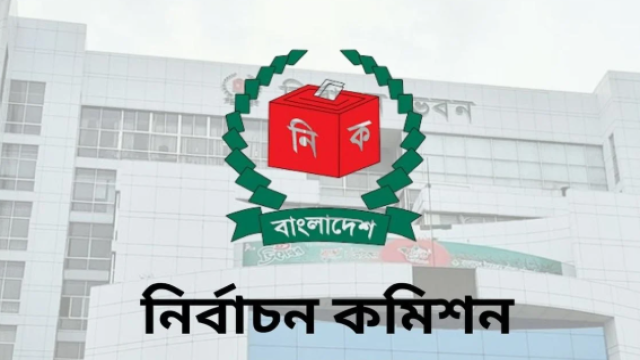

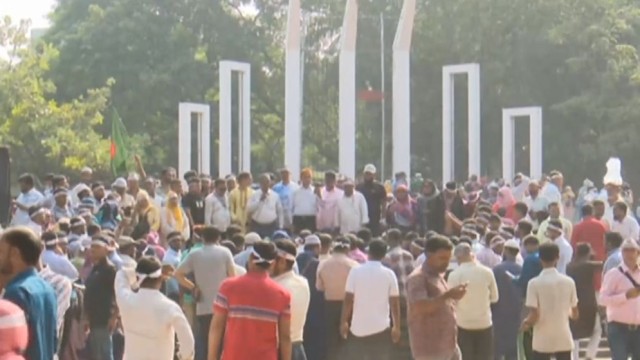
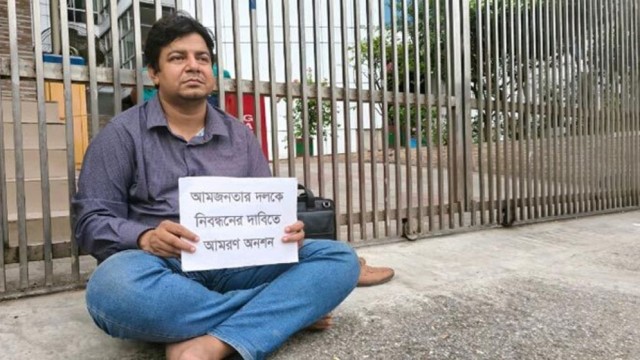



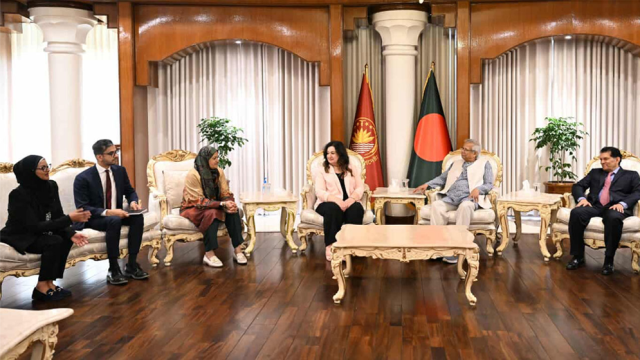

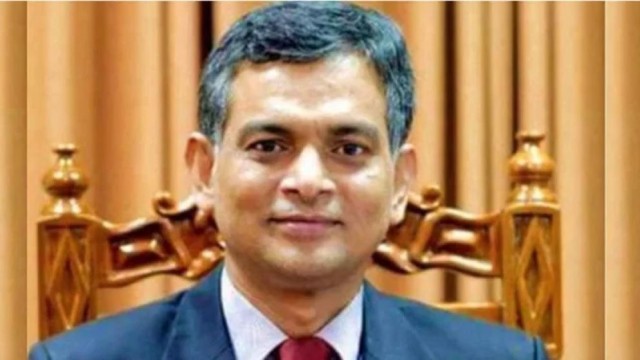
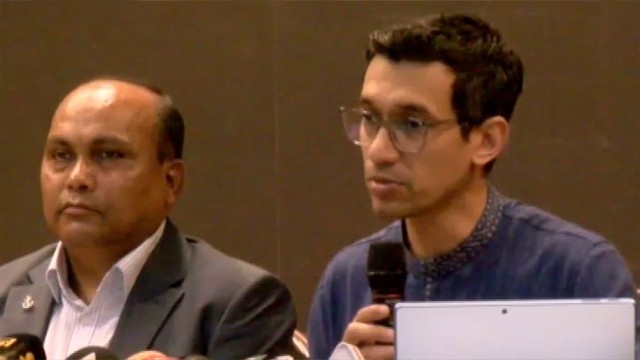
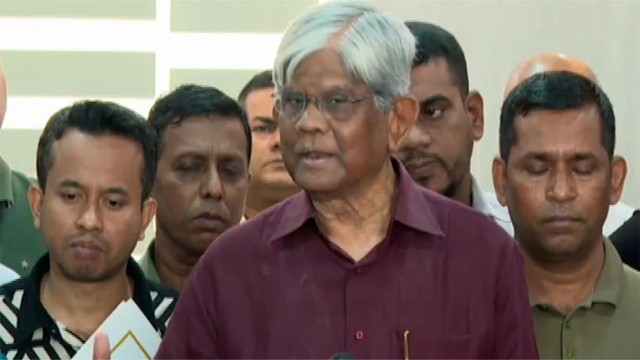
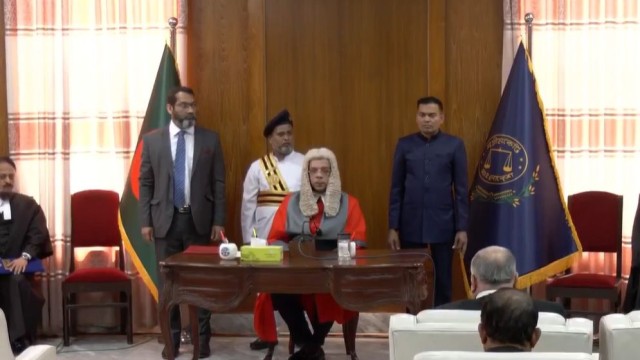
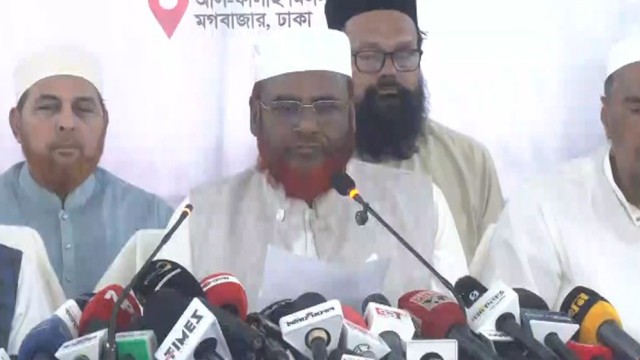
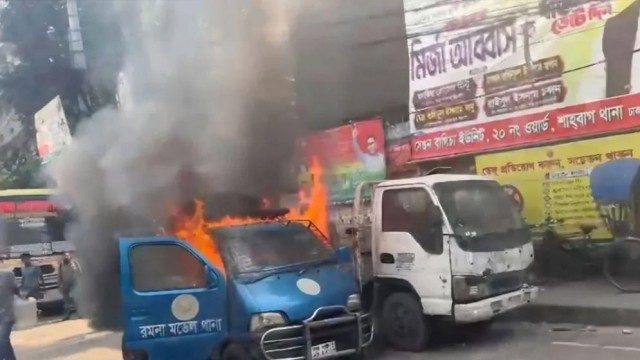
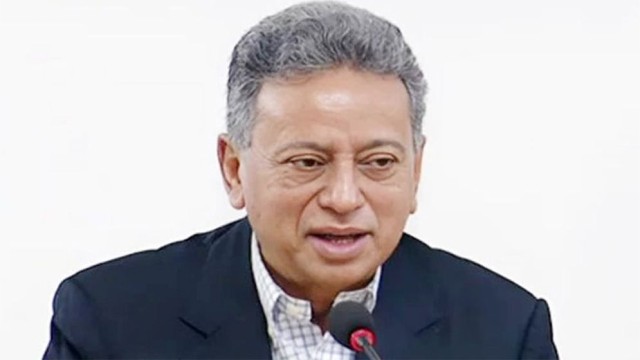
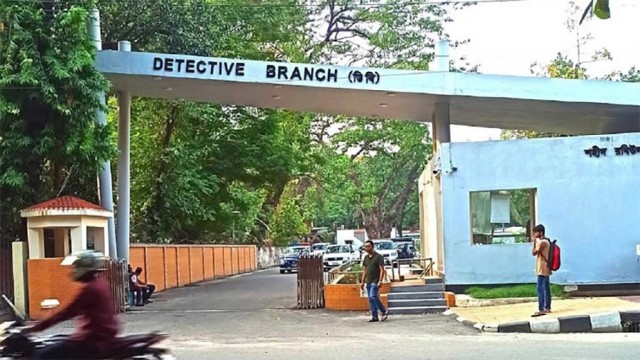


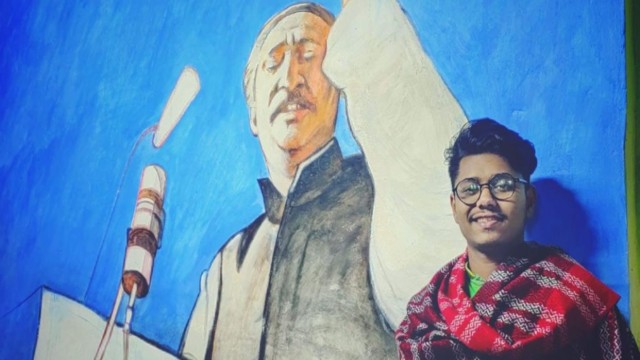
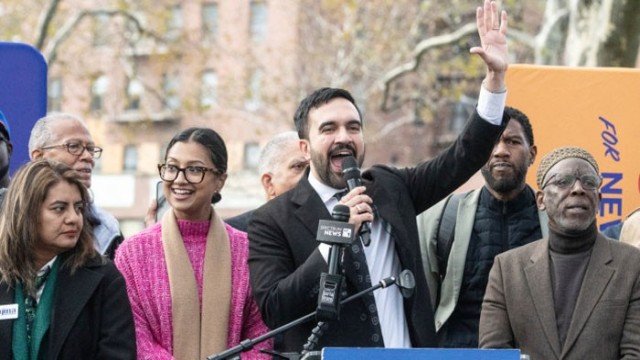



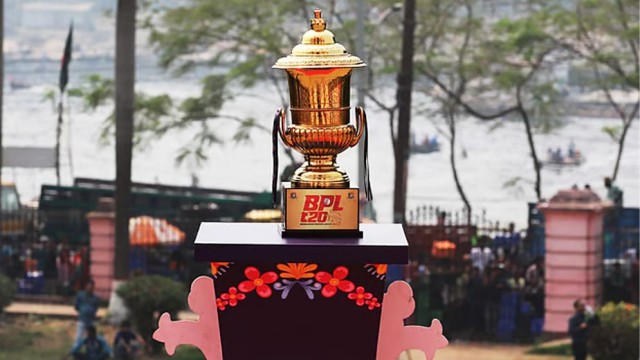

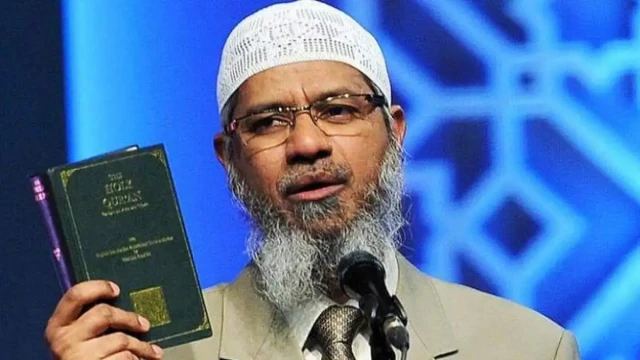
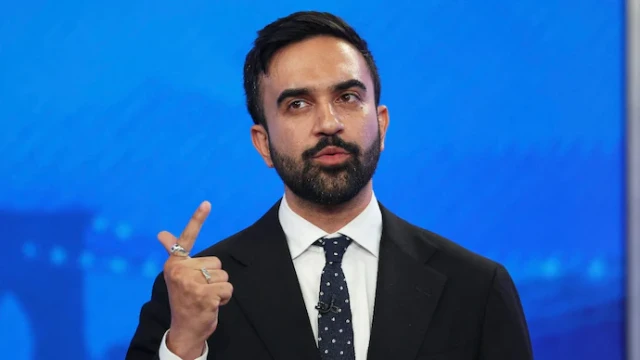
Comment: